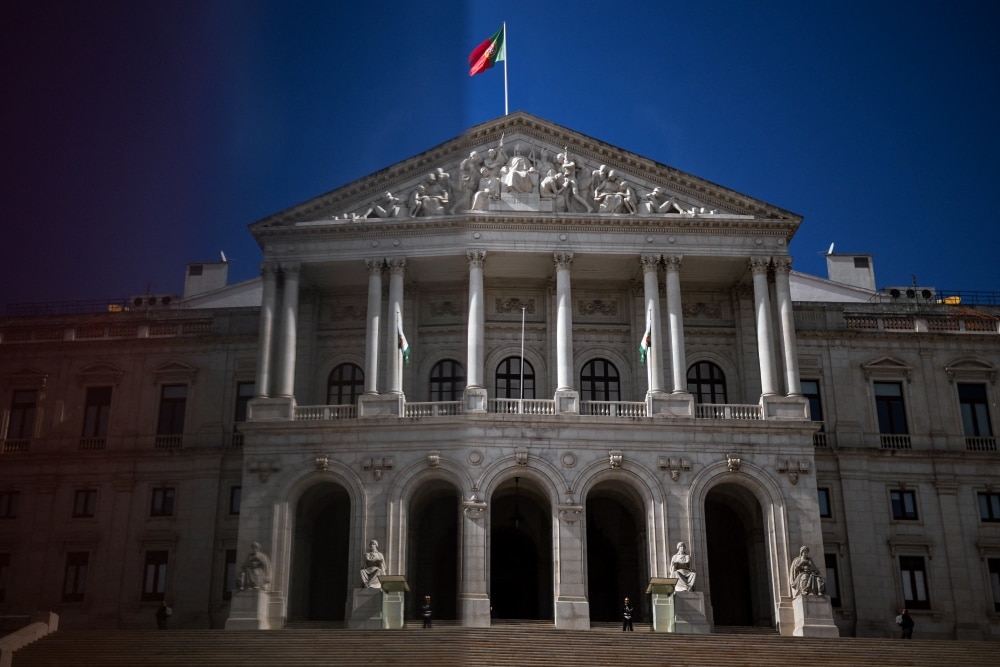On 25 April 1974, exactly 50 years ago, the so-called carnation revolution took place in Portugal, which was actually a left-wing coup by parts of the army to overthrow the long-standing right-wing dictatorship.
Apart from Portugal itself, this had significant implications for Europe, but especially for Africa and also South Africa. With the overthrow, not only the more than 40-year Salazar/Caetano regime ended, but also about 500 years of Portugal’s colonial history.
Since 1928, the enlightened dictator Antonio de Oliveira Salazar has ruled Portugal strictly but successfully. After his death in 1968, Marcello Caetano took over as leader, but he was not up to the task. At the time, Portugal was a poor and sparsely populated country and bore the burden of a war in its huge colonial empire, especially in Africa.
While all the other European powers left their colonies in independence already in the 1950s and 1960s, Portugal clung to them and waged a battle against various communist-inspired rebel movements.
Within the Portuguese army, the lower ranks started a secret group whose aim was to end the colonial war. The authority of the government weakened more and more, even high-ranking within the army such as the Commander-in-Chief General Spinola questioned the purpose of the war and criticized the government.
When the networks within the army were strong enough, the signal to attack was given and troops marched towards the capital Lisbon. The old regime began to fall the very same day, as the once loyal parts of the army defected and the population in large numbers celebrated the soldiers as liberators and decorated their uniforms and vehicles with red carnations.
Political prisoners were freed and numerous opposition figures returned from exile. The movement was strongly socialist driven and it seemed as if Portugal, after all a NATO founding member, might become the Soviet Union’s new pawn in western Europe. Fortunately, it did not get that far and moderate elements, such as General Spinola, played a role in the new government. For a long time, as a result of the pendulum swing from right to left, Portugal was ruled by socialist governments, which however remained within the Western alliance.
For Africa, the Carnation Revolution was profound and the decolonization could now be completed quickly, as the new government of Portugal gave independence to its five colonies of Mozambique, Angola, Guinea-Bissau, Cape Verde and Sao Tomé. All of them also turned left, in Angola and Mozambique terrible civil wars followed which only ended in the 1990s.
For South Africa it also had far-reaching consequences. First, thousands of Portuguese from Mozambique and Angola fled south to the only Western and safe country in Africa and significantly strengthened the white population. The communist takeover of power in two states on South Africa’s doorstep placed a heavy burden on South Africa (and Rhodesia) militarily and financially and hastened the end of white rule in both countries.
In Portugal, April 25 is still a public holiday and numerous monuments remind of the event, although in retrospect the Salazar regime is now seen as more balanced.








